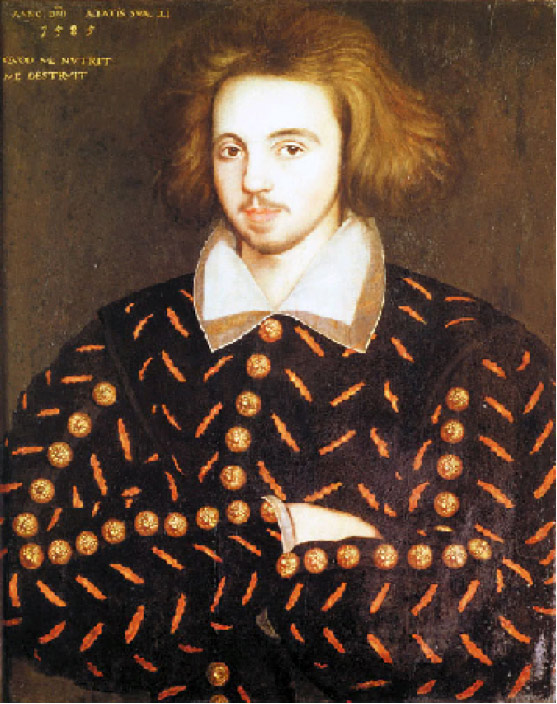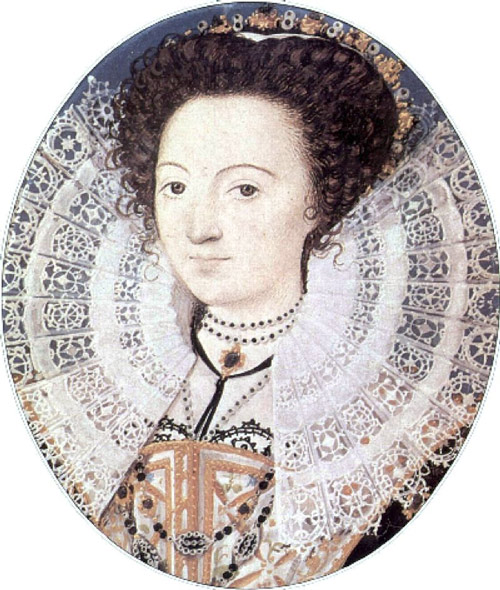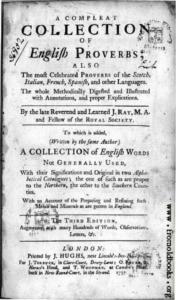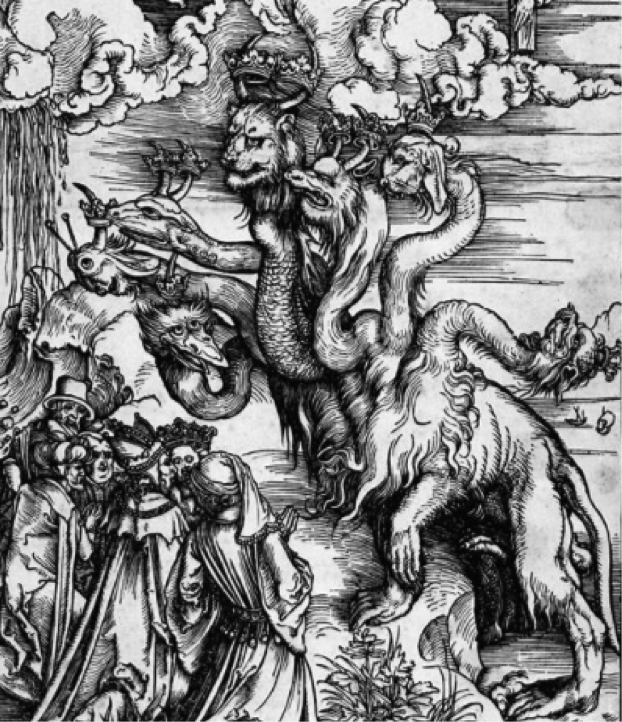wcag heading
It strikes a man more dead than a great reckoning in a little room.
William Shakespeare (Epigraph, A Great Reckoning)
 The Shakespeare quote comes from the comedic play, As You Like It (Act III, Scene III), and is believed to have been written in 1599. The line is a direct reference to Christopher Marlowe’s death which occurred six years earlier under extremely suspicious circumstances.
The Shakespeare quote comes from the comedic play, As You Like It (Act III, Scene III), and is believed to have been written in 1599. The line is a direct reference to Christopher Marlowe’s death which occurred six years earlier under extremely suspicious circumstances.
Marlowe, a mercurial figure in Elizabethan England, was a rumored spy, a possible heretic, a poet, and, above all, the greatest playwright of his era, up until his untimely death at the age of 29, when Shakespeare would assume the mantle.
The “reckoning” that led to Marlowe being stabbed to death was purportedly over an unpaid bill, although the man who wielded the dagger, Ingram Frizer, was—like Marlowe—linked to espionage and the motive for murder was perhaps more political than pound sterling based.
So great was Marlowe’s influence on the Bard that there are theories that Marlowe was indeed Shakespeare himself. For over 400 years, the question of “did Shakespeare actually pen the plays attributed to him?” has loomed large. Marlowe is but one of the possible candidates. Others include Francis Bacon, Edward de Vere, Sir Walter Raleigh, and—the most curious of all in my opinion—Amelia Bassano Lanyer.
 Lanyer (1569-1645) was one of the first women in England to publish her own poetry and to operate her own school. She is also credited as a pioneer of the feminist movement. In short, Amelia Bassano Lanyer was smart, unique, and strong-willed.
Lanyer (1569-1645) was one of the first women in England to publish her own poetry and to operate her own school. She is also credited as a pioneer of the feminist movement. In short, Amelia Bassano Lanyer was smart, unique, and strong-willed.
Enter (Stage Left) Louise’s character, Amelia Choquet.
Amelia, as introduced in A Great Reckoning, is certainly unique, classically smart, and exceptionally strong-willed.
And, the name Amelia has a singular importance in Armand Gamache’s familial history.
“Armand Gamache sat in the little room and closed the dossier with care, squeezing it shut, trapping the words inside.”
And so begins the 12th novel in the Three Pines canon and, for those of you who have read it, you know that the book contains a major settling of accounts, a great reckoning, if you will.


 For those of you who have read the 11th installment in the Louise Penny canon, you know that this retort, directed at Gamache, comes at a crucial moment in the plot. It’s the only time the phrase, the nature of the beast, is used within the novel but the power it conveys is so strong it titles the book. The Oxford Dictionary defines the expression as “The inherent and unchangeable character of something” and the phrase itself first appeared in John Ray’s Collection of English Proverbs which was published in the 1600’s.
For those of you who have read the 11th installment in the Louise Penny canon, you know that this retort, directed at Gamache, comes at a crucial moment in the plot. It’s the only time the phrase, the nature of the beast, is used within the novel but the power it conveys is so strong it titles the book. The Oxford Dictionary defines the expression as “The inherent and unchangeable character of something” and the phrase itself first appeared in John Ray’s Collection of English Proverbs which was published in the 1600’s. “Oui,” said Beauvoir, caution creeping into his voice.
“Oui,” said Beauvoir, caution creeping into his voice.
